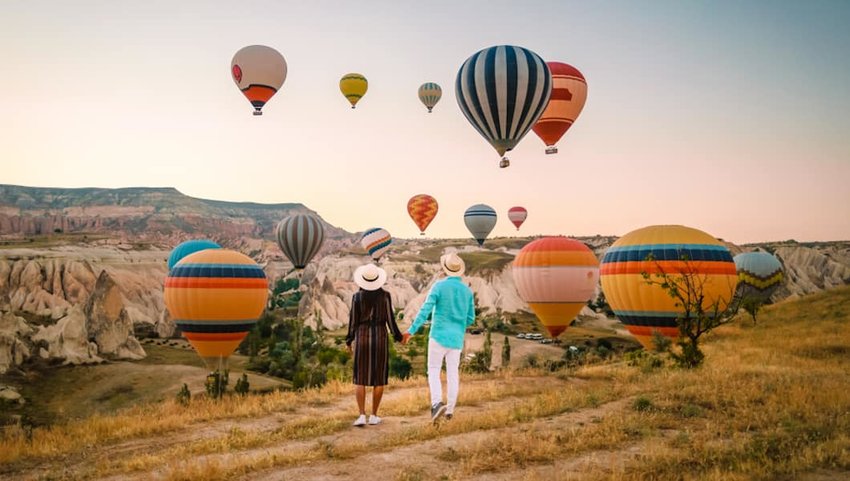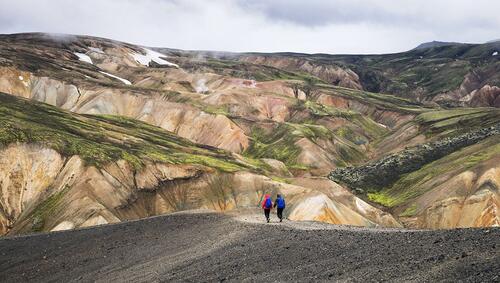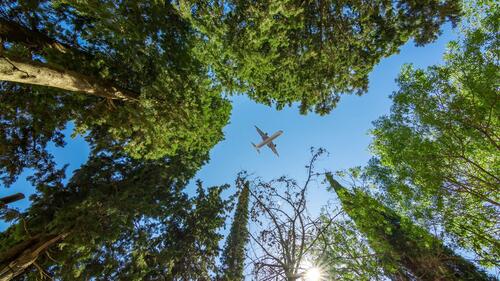The world is an amazing place and traveling can make you feel invincible. It’s no coincidence it’s so addictive though. There’s science behind the joy of traveling. Check out these interesting facts that will change the way you travel and give you even more reasons to head on another new adventure.
The Human Brain Prefers Novelty
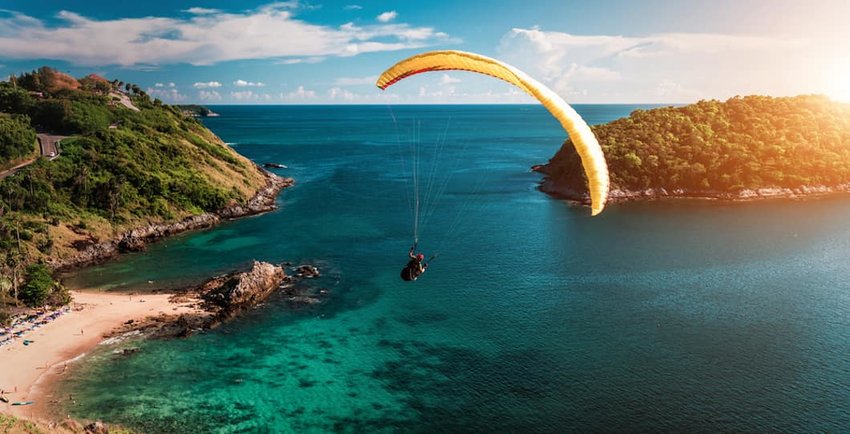
We can’t stay on holiday forever, but we’ll always have the memories. However, if you head straight for a popular location and don’t do anything out of the ordinary, your brain might not remember it as well as you’d like. Our brains aren’t able to recall everything but they are novelty-driven and the more unusual moments are more likely to linger. What a great excuse to mix things up a bit on your next trip. Make a plan, have a schedule and then spontaneously do something a little crazy that you can daydream about for years to come.
The Happiest Part of Your Vacation is Before You Arrive
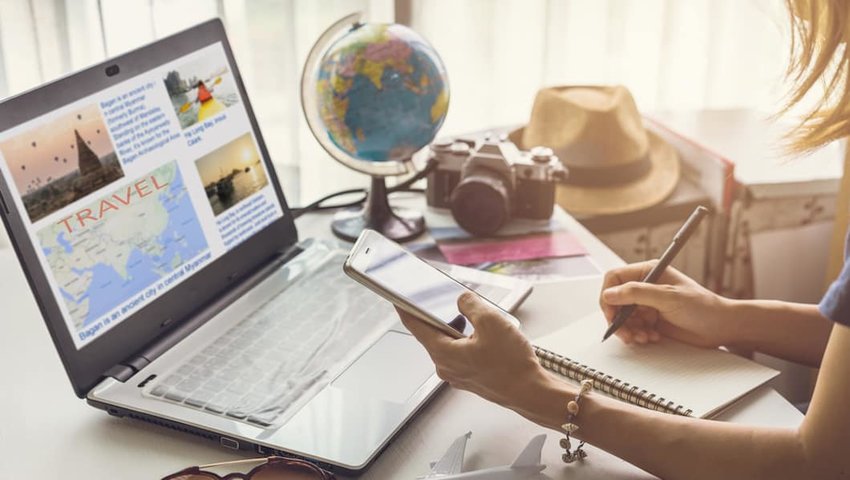
You’ll probably think that the best part of your holiday is when you get there. Or maybe when you finally find your spot on a beach with a drink in hand or hit the ski slopes on a snowy mountain at top speed. However, a study in the Applied Research in Quality of Life shows that the happiest part, in fact, is when we are planning our vacations. The study showed that everyone experiences pre-trip happiness, the anticipation of good times ahead. Post-trip happiness, on the other hand, is all dependent on how relaxing the trip ended up being. There’s never been a better excuse to start planning your next trip; you’ll feel better immediately.
Risk Taking is Contagious
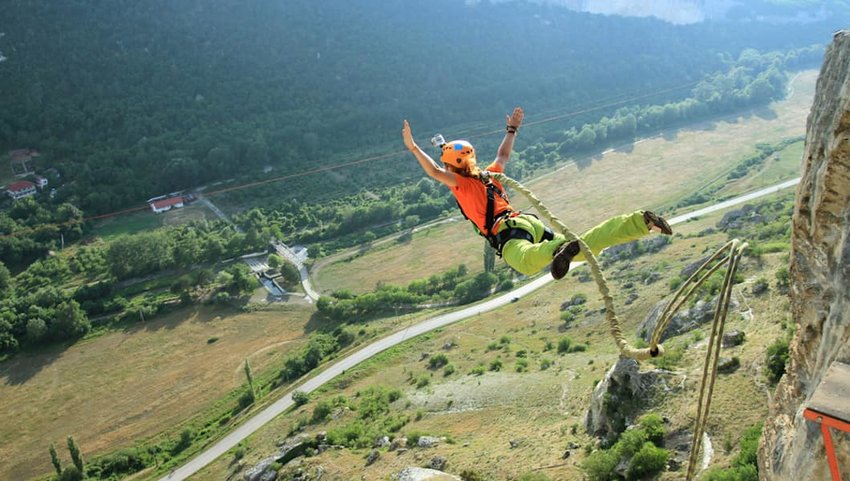
Throwing yourself out of your comfort zone, or indeed out of a plane with a parachute on your back, can be a daunting prospect. Not all of us are natural risk takers; we can find ourselves opting for the easy options and the travel destinations we know and love. If you wish you were a bit more adventurous though, all you need to do is spend a bit more time around those who are. Studies have shown that risk-taking is contagious, if you see someone else doing something first, then you are much more likely to do it yourself. Spend a bit more time with your most extreme friends, or even better, book your next vacation with them - who knows what you’ll end up doing.
Jet Lag is Worse From West to East

Jet lag is one of the unwanted but very common side effects of traveling. If you’re crossing countries, oceans and time zones to get to your destination, then you can arrive feeling less than rested. A study has shown that the direction of travel makes a significant difference to the sensation of jet lag because of our circadian rhythms. Our natural body clock runs on a 24.5 hour day, and when you travel west to east you make the day shorter, which our brains don’t like. The best way to counteract it is to get up earlier for a few days before you head off to try to trick your brain. Failing that, always go west and head on an around the world trip instead.
Vacations Lower Your Risk of Heart Disease
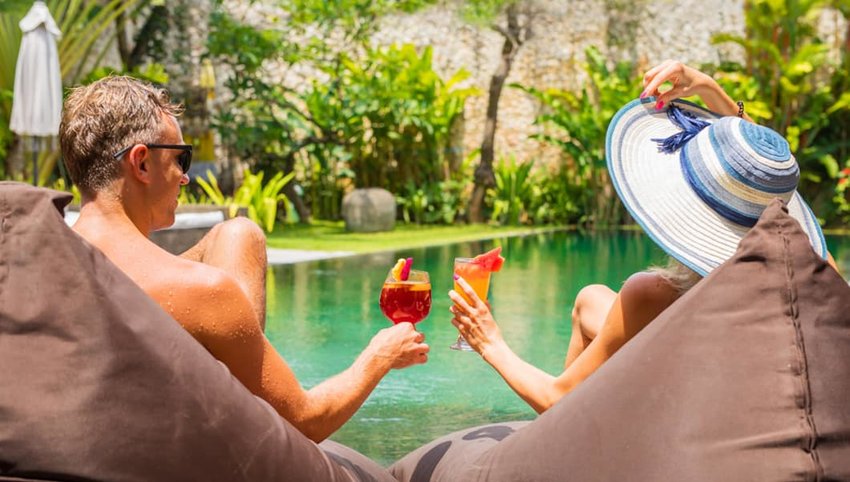
There are no more excuses for not taking that holiday you’ve been dreaming of; research has proven that regular breaks can help prevent heart disease. If you’re a middle-aged man then you’ve got even more reason to get traveling, the results show it’ll make you 30% less likely of dying from a heart-related cause. A vacation will help reduce your stress levels, reconnect with your friends and the environment and do the things you love. Not only do you need to book your next vacation but you better keep them coming, your heart deserves it.
Planes are Drier Than the Sahara
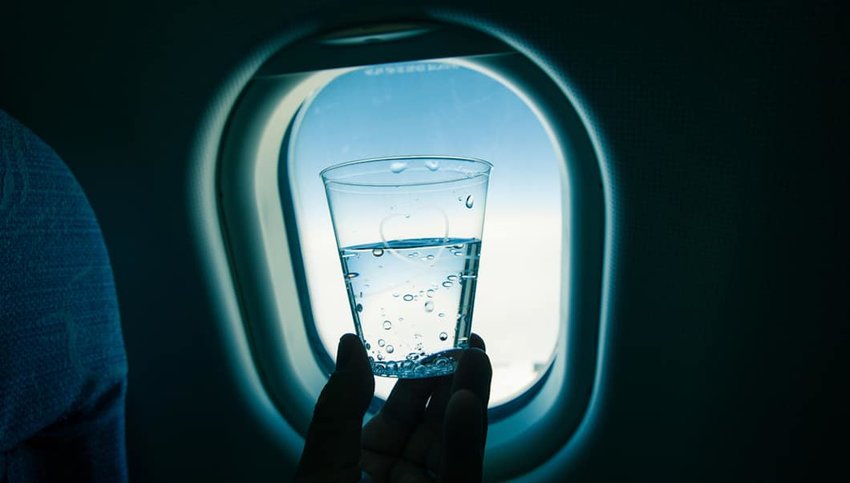
If you’ve ever wondered why you don’t feel so fresh after a flight, it could well be because you’re dehydrated. The humidity on a plane is around 10-20% due to the plane’s air circulation system, whereas your body is used to humidity of 30-60%. On top of the humidity, there is less oxygen in the air, which makes you breathe more. The result is that you lose water and can easily become dehydrated. Fortunately, this one is easy to fix, just make sure you drink plenty when you’re on a flight. Little and often will keep you hydrated, so you’re ready to get on with your vacation the moment your feet hit the ground.
Travel Increases Creativity
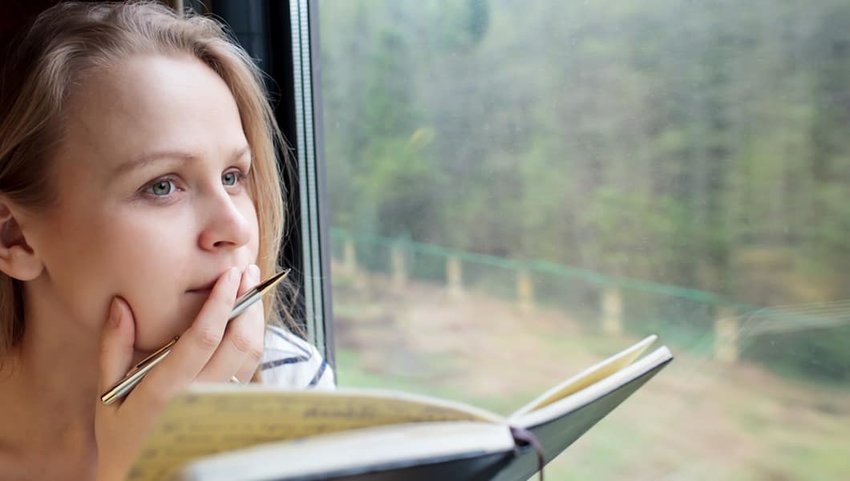
If you need to inject some creativity into your life then traveling is just the ticket. Scientific studies have proven that there is a definite correlation between travel and creativity. Traveling will help you to be more open-minded and innovative, and it will give your self-confidence a good old boost too. The key to getting your creative juices flowing is engaging with local culture, immersing yourself in the experience and allowing yourself to adapt to a new environment. The more you can let go and soak up the experiences that travel has to offer, the more the creative side of your brain will flourish.
Spanish is the World’s Happiest Language
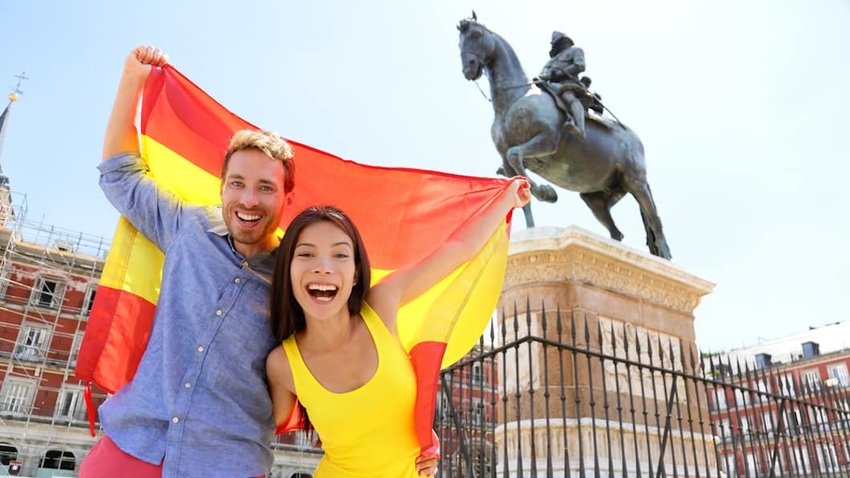
It would be easy to assume that language has nothing to do with happiness. A study of the use of billions of words from ten different languages has shown otherwise. While all humans tend to have a bias for happy words, those speaking Spanish have the biggest tendency for positive words. It’s great to know that we all try to look on the bright side of life. Although you might not speak multiple languages, or understand a lot of what is said on your foreign adventures, it’s good to know that there is a fair chance that the locals are saying something cheery.
People Who Buy Experiences are Happier
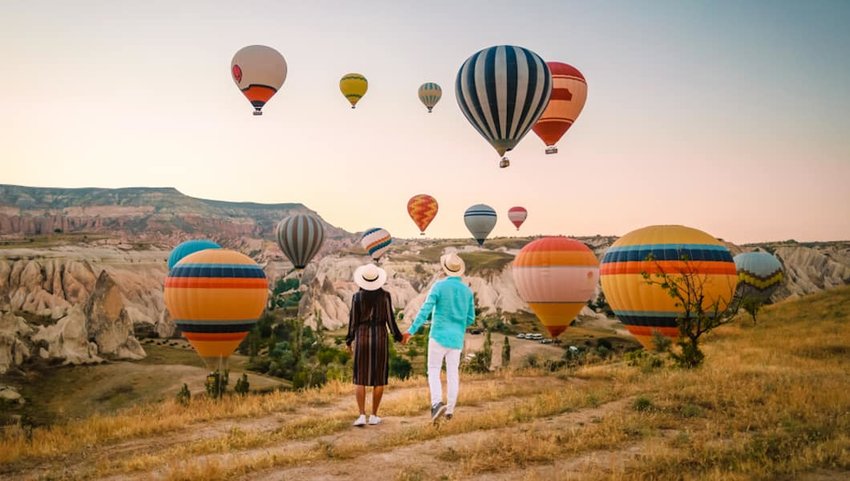
It can be difficult to decide what to spend your hard earned cash on sometimes. We all have things that we want, objects that we think will fulfil us and make life a little better. Now, while an object can have a permanent place in our lives compared to a fleeting experience, it doesn't make us happier. A study from the San Francisco State University has shown that people who spend money on experiences are happier. The thrill of a new gadget, for example, quickly fades and becomes normal, while the joy or an experience can stay for a lifetime.

